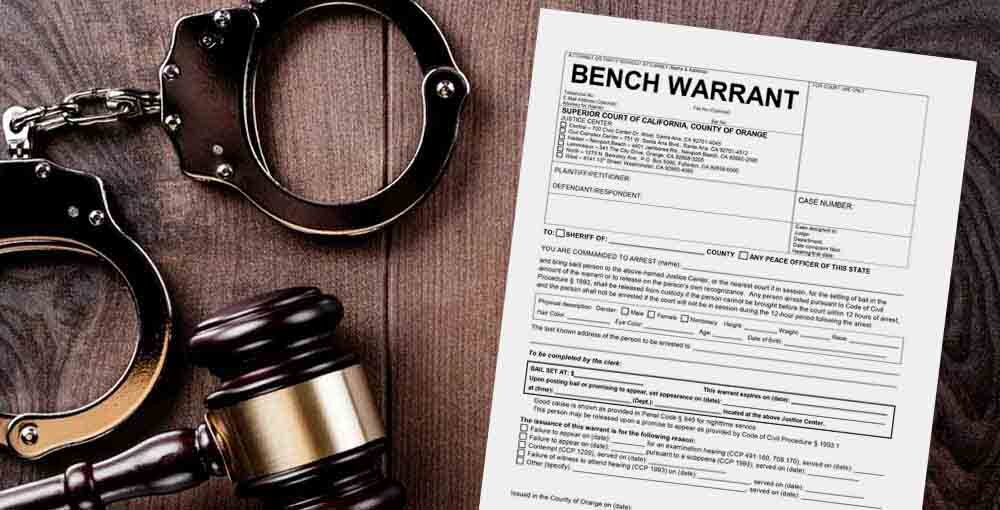Criminal Defense Laws – Know Your Rights

If you’ve been accused of a crime, you should be aware that you may be protected by the criminal defense laws of your state. If you are convicted, you can also be subject to a number of penalties. Some of these include penalties for federal crimes, misdemeanor crimes, and juvenile delinquency offenses.
Table of Contents
Penalties For Federal Crimes
If you are accused of a federal crime, you need to seek legal counsel to protect your rights. The penalties for a federal offense can be severe. They may involve additional statutory penalties and longer incarceration. They also can include heavier fines and restitution.
The Federal Sentencing Guidelines provide a guide to minimum mandatory sentences for serious offenses. These may differ from state laws. A good federal criminal defense lawyer will have experience with these.
If you have been charged with a federal crime, it is important to consult with an experienced federal defense attorney. Although federal charges are often more serious, they can still result in stiff fines and imprisonment. In order to make the best possible case, you need a skilled criminal defense lawyer who will fight for your rights.
Penalties For Misdemeanor Crimes
If you are wondering about the penalties for misdemeanor crimes, there are several factors that can impact the severity of your penalty. These factors include your criminal history, the nature of your offense, and the circumstances surrounding the crime. If you are confused about any of these, you should consult an attorney. The outcome of your case can be affected by the defense you choose.
The penalties for misdemeanors vary depending on the state you live in. Depending on the offense, you may face fines, incarceration, or community punishment. Regardless of the type of penalty you are facing, you should seek legal assistance from an experienced criminal defense attorney.
Most states will divide crimes into categories. These categories can be misdemeanors, felonies, or infractions. Each classification has its own specific rules for determining the penalty.
Penalties For Juvenile Delinquency Offenses
A juvenile delinquency offense is a crime that is committed by a person under the age of 18. The severity of the crime depends on the age, and the criminal penalties for juvenile delinquency offenses may vary.
The most common types of juvenile punishments include probation, community service, and court ordered treatment. These punishments are designed to teach the juvenile to take responsibility for their actions and to prevent them from repeating the crime.

Some states have a separate system of juvenile justice, which emphasizes rehabilitation and skills training. These programs can be based on a job training or counseling model. In many cases, juveniles are placed in secure juvenile camps or juvenile facilities for months or even years.
The penalties for a juvenile crime will depend on the level of the crime, the severity of the crime, the offender’s age, and the judge’s discretion. For example, crimes such as robbery are usually felonies, and the penalty for this type of crime will vary from restitution to incarceration.
Protections Under Criminal Defense Law
Many people accused of crimes don’t know they have any rights. There are some legal protections that are available to them, though, which can make the process a lot less stressful. If you’re facing criminal charges, it’s a good idea to speak with a skilled and experienced criminal defense lawyer. These lawyers can assist you in avoiding unnecessary delays. Using the services of an attorney can also help you get a fair trial.
One of the first things a defense lawyer will do is ask the court to suppress any evidence that is unrelated to the crime you’re being charged with. If your defense attorney has a good handle on the law, he or she can also get the evidence thrown out altogether. Ultimately, the job of the prosecution is to prove your guilt beyond a reasonable doubt.
Entrapment Defense
Entrapment defense laws are intended to provide legal recourse for people who have been victimized by the unlawful act of a government official. The term entrapment is used to describe a scenario in which a person is forced to commit a crime based on undue persuasion or fraud.
A government agent can be entrapped if he or she uses threats, deception, or harassment to induce the person to commit a crime. In a state law case, the prosecution must prove that the law enforcement officer’s actions directly caused the alleged offense.
The prosecution must prove all elements of a crime, including the predisposition of the defendant to commit the crime and the inducement. A defendant can use the entrapment defense even if he or she was not a predisposed criminal.

 Protect Your Rights With a Criminal Defense Attorney
Protect Your Rights With a Criminal Defense Attorney  How to Find a Crime Victim Lawyer
How to Find a Crime Victim Lawyer  Criminal Laws in Columbus, Georgia
Criminal Laws in Columbus, Georgia  Will a California Warrant Search Show Old Warrants?
Will a California Warrant Search Show Old Warrants?  How a Public Data Search Can Save You Money
How a Public Data Search Can Save You Money  Are Arrest Records Available Online?
Are Arrest Records Available Online?  The Evolution of Traffic Laws: How Road Regulations Have Changed Over Time
The Evolution of Traffic Laws: How Road Regulations Have Changed Over Time  Are LLCs More Cost-Effective Than Corporations? Exploring the Costs of Formation
Are LLCs More Cost-Effective Than Corporations? Exploring the Costs of Formation  Ready to Ship Engagement Rings in Singapore: A Perfect Choice for Your Special Moment
Ready to Ship Engagement Rings in Singapore: A Perfect Choice for Your Special Moment  Vehicle Accident Lawyers: Expert Legal Support for Your Claims
Vehicle Accident Lawyers: Expert Legal Support for Your Claims